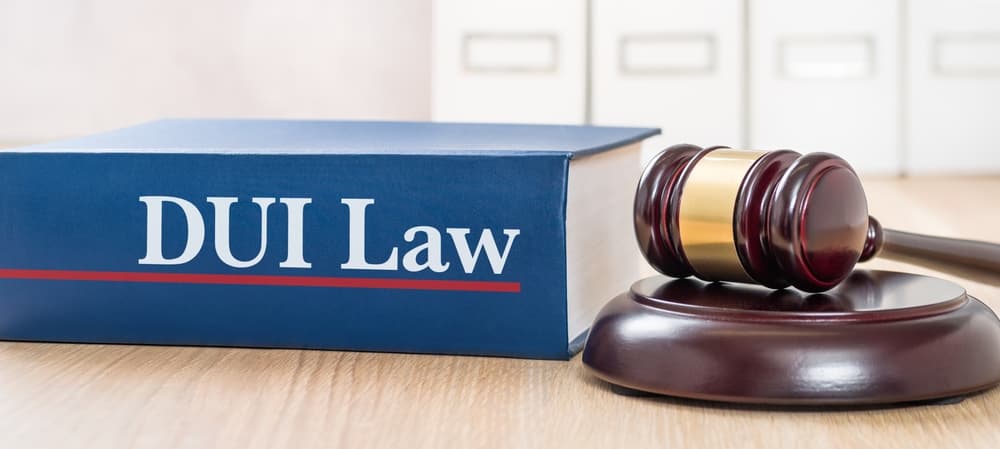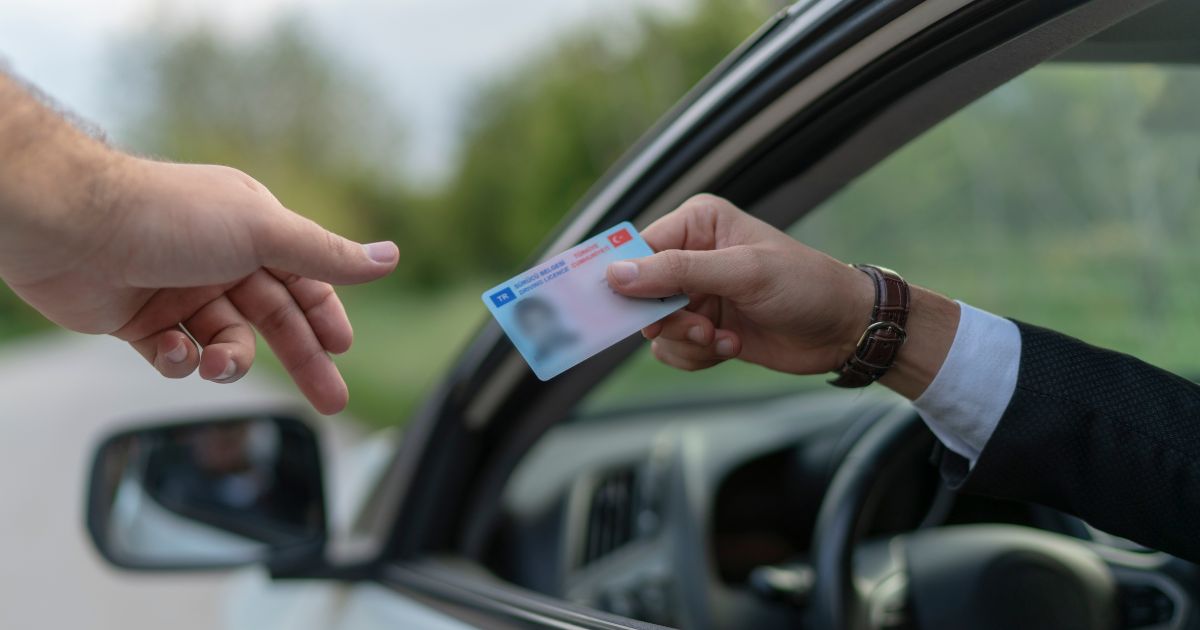If you’re driving in the Lone Star State, it’s crucial to understand Texas drinking and driving regulations. They’re not just strict—they rank among the most aggressively enforced in the nation. Although most people casually refer to drunk driving laws as DUI (Driving Under the Influence), Texas officially uses the term DWI—Driving While Intoxicated. And the penalties for violating these laws? They’re nothing short of severe. Knowing the difference and the stakes involved can save you from unexpected legal consequences.
In this guide titled Understanding DUI Laws in Texas: Your Essential Guide, we’ll take you through every critical aspect of Texas drinking and driving regulations. From defining intoxication to explaining the serious consequences of aDWI conviction, we’ll ensure you know what’s at stake. You’ll also learn what to expect during a traffic stop, how the legal process unfolds, and what steps to take to protect your rights if you’re pulled over or arrested. To bring these rules to life, we’ll share real-life scenarios that clarify how the law applies in everyday situations. By the end, you’ll be better equipped to make smart decisions and avoid costly mistakes.

DWI vs. DUI in Texas: What’s the Difference?
It’s All in the Terminology
Before diving into the legal specifics, let’s clarify the language. While many states draw clear distinctions between DUI and DWI based on substances or BAC levels, Texas approaches these terms differently. Misunderstanding the difference can lead to confusion about your charges or your defense strategy.
DWI (Driving While Intoxicated) applies to adults operating a vehicle with a BAC of 0.08% or higher, or while impaired by drugs or alcohol.
DUI (Driving Under the Influence) usually pertains to minors under 21 who are found with any detectable alcohol in their system.
So, if you’re over 21 and pulled over for suspected drunk driving in Texas, you’re dealing with a DWI, not a DUI. The distinction might seem minor, but it directly affects how your case will be handled.
Understanding this distinction is vital. Why? Because the consequences, legal strategy, and even the courtroom dynamics shift depending on the specific charge. Choosing the wrong legal argument could weaken your defense or limit your options in court.
What Constitutes “Intoxication” in Texas?
It’s Not Just About the Breathalyzer
According to Texas drinking and driving laws, you are considered “intoxicated” if:
- Your BAC is 0.08% or higher, or
- You lack normal mental or physical faculties due to alcohol, drugs, or both.
In other words, even with a BAC below the legal limit, you could still face a DWI if your behavior suggests impairment. That’s when officer observations—such as slurred speech, poor coordination, or erratic driving—become key evidence. This flexibility gives law enforcement broad discretion in determining intoxication, even without hard numbers. Unfortunately, that also means someone can be arrested even when they felt completely in control.The interpretation of “normal faculties” is highly subjective and often challenged in court.
Interestingly, you can be charged without taking a chemical test at all. This is precisely why Understanding DUI Laws in Texas: Your Essential Guide is a must-read if you want to protect your rights in uncertain situations. Without clear knowledge, you might unknowingly give up legal defenses that could otherwise help you in court. Your refusal to take a test doesn’t mean you’re off the hook—in fact, it might complicate things further.That’s why being informed before you’re ever pulled over can give you a critical edge.
Real-Life Scenario: The BBQ That Went Too Far
Picture this: You’re at a backyard BBQ with friends. Over a few hours, you enjoy a couple of beers and feel completely fine. Later, while driving home, you roll through a stop sign. A police officer notices and pulls you over.
You blow a 0.06 BAC—under the legal limit—but the officer notices you fumble your license, your speech is slightly delayed, and your lane control is questionable.
Despite passing the breathalyzer, the officer arrests you for DWI based on your behavior and signs of impairment. This underscores that Texas drinking and driving regulations rely on more than just numbers.
Penalties for DWI in Texas
The Cost Is More Than Just a Fine
Texas doesn’t play around with DWI enforcement. Penalties increase depending on your BAC, whether an accident occurred, or if you have prior offenses.
Here’s a breakdown of what you could face:
First Offense
- Up to 180 days in jail (minimum 3 days)
- Fine up to $2,000
- License suspension up to 1 year
- Annual surcharge up to $2,000 (for 3 years)
- Mandatory DWI education program
- Possible ignition interlock device

Second Offense
- Up to 1 year in jail
- Fine up to $4,000
- 2-year license suspension
- Mandatory ignition interlock
- Extended probation and court costs
Third Offense
- Charged as a third-degree felony
- Up to 10 years in prison
- Fine up to $10,000
- Felony record with lifetime consequences
From employment to housing and even civil rights, a DWI conviction leaves a lasting mark. So, knowing how these regulations work is critical for Texans aiming to stay on the right side of the law.
Underage Drinking and Driving in Texas
Zero Tolerance, Zero Wiggle Room
Texas maintains a zero-tolerance policy for underage drinking and driving. For those under 21, even a small amount of alcohol in your system can result in a DUI charge.
Penalties include:
- License suspension
- Mandatory alcohol awareness classes
- Community service and fines
- Parental notification
- Potential criminal record impacting jobs and college
Parents—don’t underestimate this law. Helping your teen understand these rules could prevent a single mistake from defining their future.
Field Sobriety Tests and Chemical Testing
What You Need to Know at the Roadside
When stopped, the officer may ask you to complete field sobriety tests (FSTs) designed to evaluate coordination and focus. Common tests include:
- Walk-and-turn
- One-leg stand
- Horizontal gaze nystagmus (eye test)
You might also face chemical tests like breath, blood, or urine analysis. Refusing to comply results in automatic license suspension—even without a DWI conviction.
Thanks to the implied consent law, all drivers in Texas are presumed to have agreed to testing simply by driving in the state.
Administrative License Revocation (ALR)
The DMV Doesn’t Wait for Court
Failing or refusing a chemical test triggers a process called Administrative License Revocation (ALR)—completely separate from your court case.
Here’s what you need to know:
- You have 15 days from arrest to request a hearing
- If no request is made, your license gets suspended automatically
- Winning the hearing restores your license
- Losing the hearing results in suspension (90 days to 2 years)
Many drivers lose their license simply because they don’t act quickly enough. Don’t be one of them.

DWI and Drugs: Not Just About Alcohol
Prescription Meds and Controlled Substances Count Too
Texas law includes more than alcohol under DWI. Driving impaired by:
- Prescription medications like hydrocodone
- Over-the-counter drugs that cause drowsiness
- Illegal substances, including marijuana (even medical)
—all fall under DWI laws. Legal doesn’t mean safe to drive.
Real-Life Example: Matt’s Prescription Problem
Matt, recovering from back surgery, took his prescribed opioids before heading out to pick up his son. On the way home, he sideswiped a parked car and failed a sobriety test.
The officer charged him with DWI. Matt couldn’t believe it—he hadn’t been drinking.
Later, his attorney explained: Texas law includes all impairing substances, not just alcohol. The result? Probation, license suspension, and a criminal record—even though he followed his doctor’s orders.
Expungement and Record Sealing for DWI
Can You Ever Clear Your Record?
Many Texans wonder whether they can erase a DWI from their history. The truth depends on your case and prior record.
You may qualify for expungement or non-disclosure if:
- Your case was dismissed
- A not guilty verdict was reached
- You completed deferred adjudication
However, most convictions can’t be expunged. That’s why avoiding conviction through strong legal defense is essential.
Hiring a DWI Defense Attorney in Texas
Don’t Go It Alone
Texas DWI laws are detailed, fast-moving, and unforgiving. A defense attorney can help you:
- Challenge illegal traffic stops
- Dispute test results
- Request ALR hearings to save your license
- Negotiate reduced charges or diversions

Even if you’re guilty, a good attorney may mitigate penalties and help protect your future. They understand the local court system and can often leverage nuances you wouldn’t know exist.
Final Thoughts: Understanding DUI Laws in Texas—Your Essential Guide
Texas drinking and driving laws are strict, complex, and unforgiving—but they’re not impossible to navigate. Whether you’re trying to avoid trouble or facing charges already, knowing your rights makes all the difference. The more you educate yourself now, the better your odds of making the right choices when it matters most. Staying informed is the first step toward staying protected in a system that doesn’t make exceptions for ignorance.
Prepare yourself. Know the law. Take action when needed. Even one informed decision can prevent a lifetime of consequences. Every driver should know the basic rules before they ever find themselves flashing headlights in the rearview mirror.
Because in Texas, understanding DUI laws isn’t just smart—it’s survival. And that knowledge may be your best defense. When the stakes are high, knowing what to do could be the difference between moving on or being held back for years.

